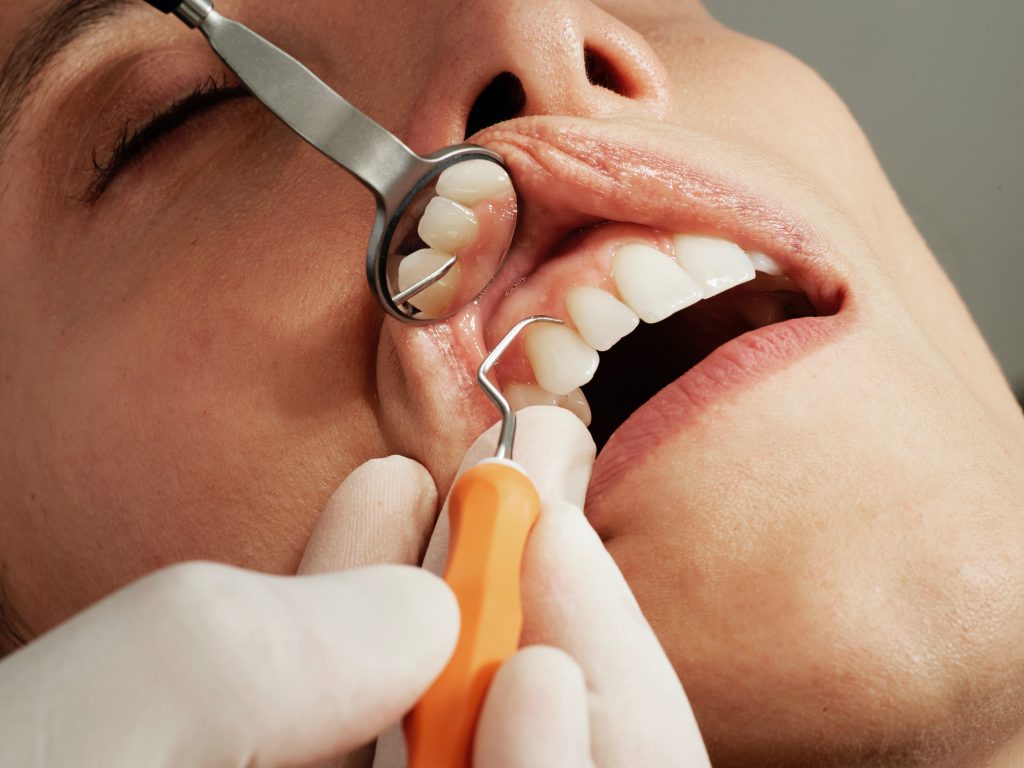
Despite the widespread belief that dental fillings can harm your teeth, they’re a prevalent remedy for tooth decay. This belief has led some people to avoid getting fillings altogether, which can ultimately lead to more serious dental problems. So, what is the truth about fillings and their impact on your teeth?
It’s crucial to first comprehend the need for dental fillings. When a tooth becomes decayed, bacteria erode the enamel and create a cavity in the tooth. If the cavity is not treated, it could later spread and result in tooth pain, an infection, or even tooth loss. Dental fillings are used to fill the cavity and prevent further decay.
One of the reasons for the myth that fillings can destroy teeth is that the process of placing a filling involves removing some of the natural tooth structure. This can make the tooth weaker and more prone to future decay or damage. The decayed area of the tooth must be removed, however, only a very little amount of tooth structure is taken during a filling. Without a filling, the decay would continue to spread and cause even more damage to the tooth.
The placement and size of the filling are other factors to take into account. If the filling is large and located on a molar or premolar tooth, it may put additional stress on the tooth and weaken it over time. This can lead to the need for a crown or even a root canal if the tooth becomes too damaged. In this case, it’s important to work closely with your dentist to monitor the filling and the tooth to catch any potential issues early on.
Another concern is that some fillings, particularly older ones made of metal amalgam, can expand and contract with temperature changes. This can cause the filling to push against the tooth, potentially causing cracks or fractures. But, more recent filling materials don’t have this problem and are less likely to harm the tooth, like composite resin.
It’s also vital to keep in mind that dental fillings may require updating if they start to lose their effectiveness. Depending on the type of filling and where it is placed in the mouth, a filling’s typical lifespan might change, but most survive between 5 and 15 years. When a filling needs to be replaced, the dentist will take out the old one, any decay that may have developed underneath, and install a new filling in its place.
So, do fillings destroy teeth? The short answer is no. While fillings do involve removing some natural tooth structure and can potentially cause damage if they are not properly placed or cared for, they are a necessary treatment for preventing further decay and tooth loss. Speak with your dentist about the many filling options & which is ideal for your dental health if you are worried about the effects of fillings on your teeth & if you may need a teeth cleaning in Reno.
Dental fillings are an important tool in preventing tooth decay & preserving dental health while getting teeth cleanings in Reno. While they do involve removing some natural tooth structure and can potentially cause damage if not properly placed or cared for, the benefits of fillings far outweigh the risks.
Trusted Reno Dentist, Dr. Kulesa
Maintaining good oral health is crucial for your child’s overall health and well-being. Start early and be consistent with dental hygiene routines, introduce teeth-strengthening vitamins in their diet, invest in an electric toothbrush, look for affordable dental care in Reno, encourage regular dental check-ups, and take advantage of dental insurance. By following these tips, you can help your child maintain healthy teeth for a lifetime. To schedule your child’s next dental visit, please reach out to our friendly staff and we’ll take care of the rest! We look forward to seeing your child’s bright, shining smile!